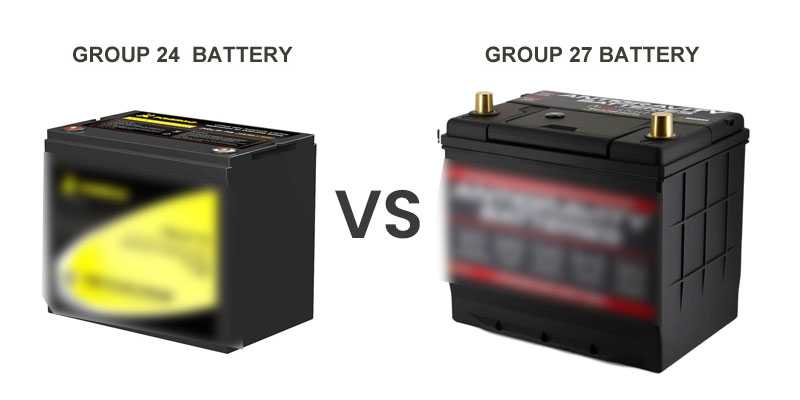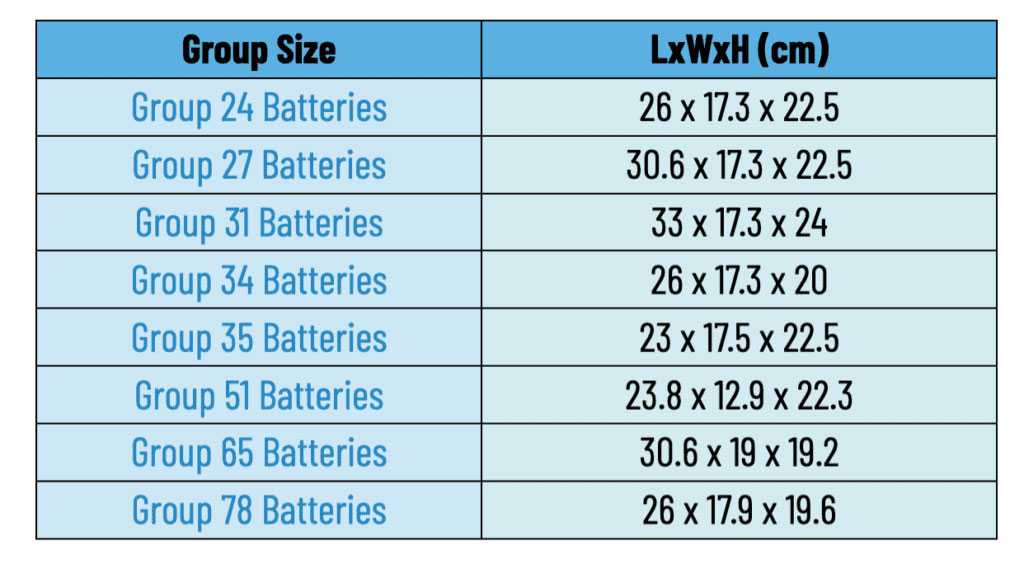How Long Will a 1000 Watt Jackery Last?
A Jackery Explorer 1000 can last anywhere from 1 to 10 hours depending on the power consumption of connected devices. With a capacity of 1,002 watt-hours, it can efficiently power various appliances, making it ideal for camping, emergency backup, or outdoor activities.
What is the capacity of the Jackery Explorer 1000?
The Jackery Explorer 1000 features a 1,002 watt-hour (Wh) lithium battery. This capacity indicates how much energy it can store and deliver over time. For practical purposes, this means it can provide power equivalent to running a 1,000-watt device for about one hour or lower wattage devices for longer durations.
Capacity Overview Chart
| Capacity (Wh) | Equivalent Load (W) | Estimated Runtime (h) |
|---|---|---|
| 1,002 | 1,000 | ~1 |
| 1,002 | 500 | ~2 |
| 1,002 | 250 | ~4 |
How do you calculate how long a Jackery Explorer 1000 will last?
To estimate how long your Jackery Explorer 1000 will last, use this formula:
For example, if you connect a device that consumes 200 watts, the calculation would be:
Runtime Calculation Example Chart
| Device Power Consumption (W) | Estimated Runtime (h) |
|---|---|
| 50 | ~20 |
| 200 | ~5 |
| 800 | ~1.25 |
What factors influence the runtime of a Jackery Explorer 1000?
Several factors can affect how long your Jackery Explorer 1000 lasts:
- Device Power Consumption: Higher wattage devices drain power faster.
- Battery Health: Older batteries may not hold charge as effectively.
- Temperature: Extreme temperatures can impact battery efficiency.
Maintaining optimal conditions can help extend runtime.
How does load affect the duration of power supply from a Jackery Explorer 1000?
The load directly influences how long you can use your Jackery Explorer 1000. Higher loads reduce runtime significantly. For instance, running multiple high-wattage appliances simultaneously will deplete the battery much faster than using lower-wattage devices.
Load Impact Chart
| Total Load (W) | Estimated Runtime (h) |
|---|---|
| 300 | ~3.34 |
| 600 | ~1.67 |
| 900 | ~1.11 |
What are typical devices powered by a Jackery Explorer 1000 and their consumption rates?
Common devices and their average power consumption include:
- Refrigerator: ~150W (up to ~6 hours)
- Laptop: ~50W (up to ~20 hours)
- LED Lights: ~10W (up to ~100 hours)
Knowing these rates helps in planning usage effectively.
Why is solar charging beneficial for extending the use of a Jackery Explorer 1000?
Solar charging allows users to replenish their Jackery Explorer 1000 without relying on AC power sources. With two compatible solar panels, it can recharge from zero to eighty percent in about six and a half hours under optimal sunlight conditions. This feature makes it ideal for extended outdoor adventures or emergency situations.
Solar Charging Efficiency Chart
| Solar Panel Configuration | Charge Time to Full (h) |
|---|---|
| One Solar Panel | ~13 |
| Two Solar Panels | ~6.5 |
What are some tips for maximizing the runtime of a Jackery Explorer 1000?
To maximize your Jackery Explorer’s runtime:
- Use Energy-Efficient Devices: Opt for appliances with lower wattage.
- Monitor Usage: Keep track of power consumption with built-in displays.
- Charge Smartly: Use solar panels when possible to extend usage time.
- Maintain Battery Health: Store in optimal temperatures and avoid deep discharges.
Runtime Maximization Tips Chart
| Tip | Benefit |
|---|---|
| Use LED lights | Lower energy consumption |
| Charge during daylight | Utilize solar energy effectively |
| Avoid high-wattage devices | Prolong battery life |
Industrial News
Recent advancements in portable power solutions have led to enhanced efficiency in solar charging systems and battery technologies. Companies like Jackery are innovating with faster charging capabilities and more robust battery management systems, making portable power stations increasingly viable for everyday use and emergency preparedness.
Redway Expert Insight
“Understanding your device’s power requirements is crucial when using portable power stations like the Jackery Explorer 1000,” states Dr. Mark Thompson, an energy consultant. “By carefully managing loads and utilizing solar charging options, users can significantly extend their operational time, making these units invaluable in off-grid scenarios.”
FAQ Section
Q: How long will a Jackery Explorer 1000 last on average?
A: It typically lasts between 1 to over 20 hours, depending on connected device wattage.Q: Can I charge my Jackery while using it?
A: Yes, but charging while powering devices may reduce overall efficiency.Q: Is solar charging effective for the Jackery Explorer?
A: Yes, especially with two panels; it can recharge significantly during sunny conditions.Q: What happens if I exceed the wattage limit?
A: Exceeding wattage may trigger overload protection or damage connected devices.



